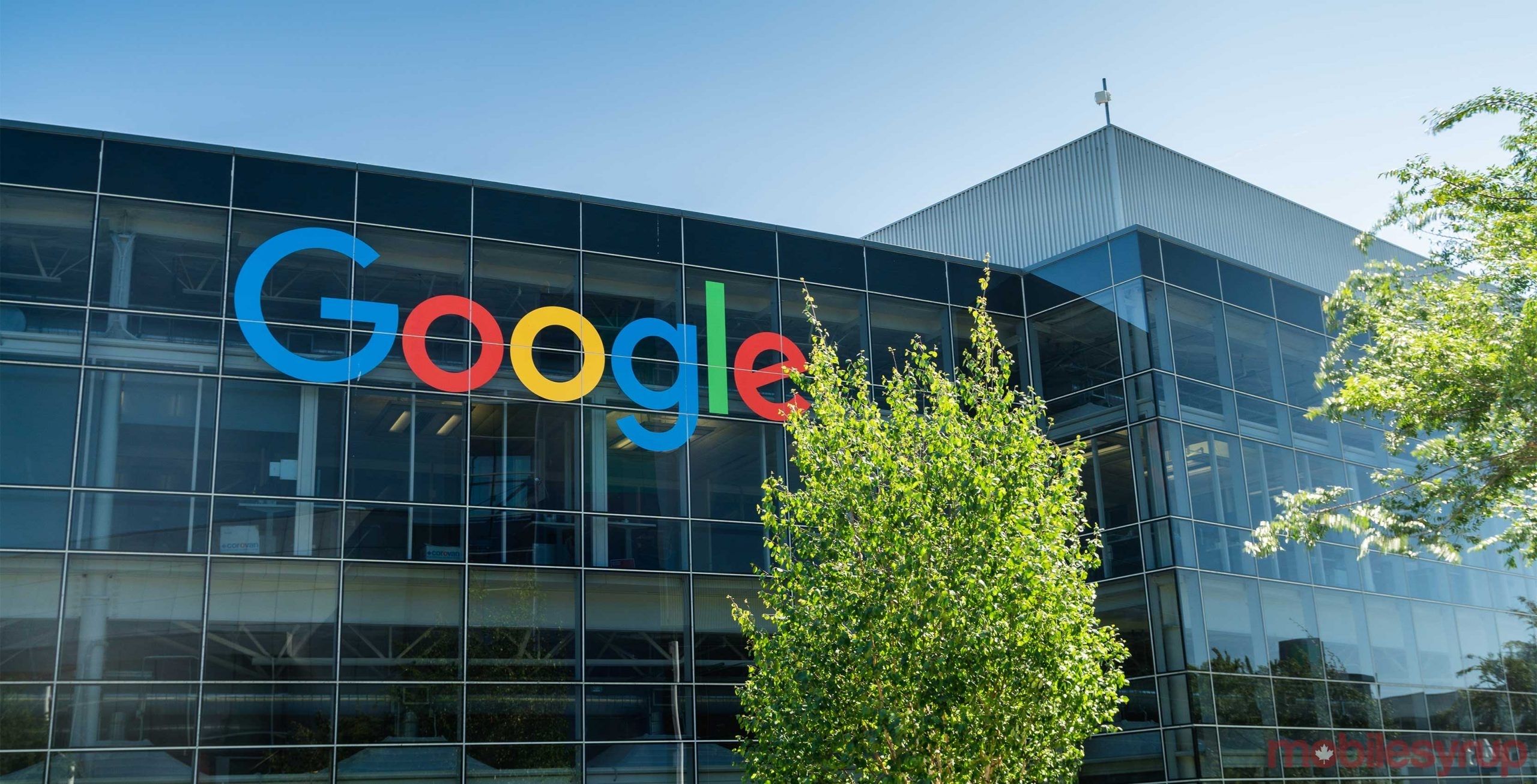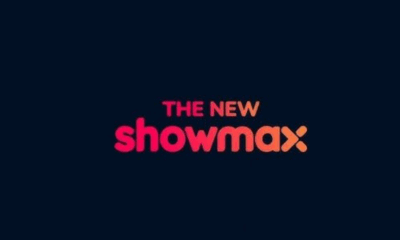News
South African Media Scores Win as Google Agrees to R688 Million Payment Following Market Inquiry

Google Pays Up: A Landmark Win for South African Journalism
South African journalism has marked a historic moment. Following the Competition Commission’s Media and Digital Platforms Market Inquiry, Google has agreed to pay local media houses R688 million, a move hailed as a critical step in tackling the global digital market failures that have long threatened the sustainability of the country’s news industry.
The South African National Editors Forum (Sanef) called the report “a landmark moment” in the fight to protect journalism from the dominance of international tech giants.
The Inquiry: Understanding the Digital Media Challenge
The Commission launched the inquiry to examine whether digital platforms distributing news content in South Africa were creating market distortions. It investigated whether these platforms including Google, Meta, Microsoft, TikTok, X, and AI-driven companies were restricting competition or undermining the objectives of the Competition Act.
The findings were clear: global platforms dominate the gateways South Africans use to access news, giving them enormous leverage over local media houses and squeezing the financial viability of traditional journalism.
Sanef Encouraged: Beyond Compensation
Sanef welcomed the report’s approach, noting that the inquiry aims not only to compensate media houses for past losses but also to “fix the competition problem rather than simply compensate for the negative outcome.”
“This is about ensuring that South African journalism can thrive in the digital age, rather than merely receiving a payout for being disadvantaged,” said a Sanef spokesperson.
The Gains: Concrete Steps Toward Fairness
The final report outlines several crucial interventions:
-
Google has negotiated a binding funding package for local media.
-
Meta, TikTok, Microsoft, X, and OpenAI must adhere to enforceable commitments and remedies.
-
YouTube faces newly established obligations regarding local content.
-
The SABC is recognised for its critical public mandate, ensuring interventions support public service broadcasting.
Sanef highlighted that the report frames journalism as a public good, essential for accountability, transparency, and the health of South Africa’s constitutional democracy.
Looking Ahead: Building a Stronger Digital Media Ecosystem
While the inquiry’s outcomes are significant, Sanef emphasised that this is only the first step in reshaping South Africa’s digital media landscape.
The organisation expressed concern that support for the Press Council and BCCSA essential self-regulatory bodies remains uncertain. “If these institutions weaken, the integrity of the Inquiry’s remedies could be compromised,” Sanef warned.
Nevertheless, the report lays a strong foundation for future regulation, ensuring that local journalism can navigate the complex digital environment while safeguarding public interest.
A Moment of Reflection
The R688 million agreement is more than a financial win. For South African media, it represents a recognition that journalism is vital to democracy and that global tech platforms cannot operate unchecked at the expense of local news. Social media reactions celebrated the win, with journalists and media enthusiasts calling it “a long-overdue acknowledgment of the value of local reporting.”
As digital giants continue to dominate news distribution worldwide, South Africa’s inquiry offers a blueprint for other countries seeking to protect the integrity and sustainability of their media sectors.
{Source: The Citizen}
Follow Joburg ETC on Facebook, Twitter , TikTok and Instagram
For more News in Johannesburg, visit joburgetc.com



























